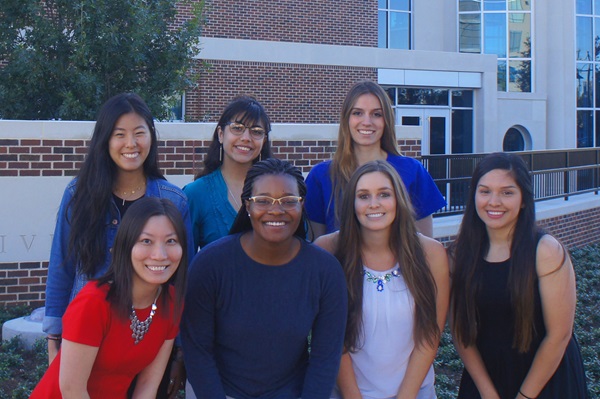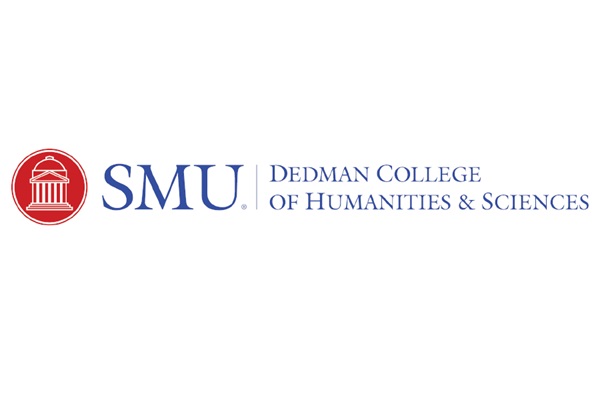Diversity Research
Dedman College students conduct research, in collaboration with faculty and in independent projects, related to diversity, equity, and inclusion on campus, in the DFW area, and around the world.
ADAPT
The Acculturation, Diversity, and Psychopathology Team (ADAPT) at the Southern Methodist University seeks to examine the impact of culture, ethnicity, and race on psychopathology and addictive behaviors. Our research focuses on minority mental health and health disparities. We are interested in cognitive, emotional, and sociocultural determinants of alcohol (mis)use and other mental health outcomes. The ultimate goal of our research is to inform clinical interventions that are most effective in alleviating distress and improving psychological functioning among people from diverse ethnocultural backgrounds.
SMU Human Rights Program
The SMU Human Rights Fellowship (HRF) enables a select number of especially promising students to improve North Texas communities by designing and implementing solutions to pressing problems. The HRF provides a year of in-depth mentorship to some of SMU’s most exceptional students as they target critical issues through novel applied research and social innovation projects.
Voices of SMU Oral History Project
Voices of SMU is a collaboration between students, alumni, and entities across campus to diversify the University Archives’ holdings. SMU Undergraduate Research Assistants conduct oral history interviews with SMU alumni from underrepresented groups. The oral histories are made available online in the SMU Libraries Digital Collections.
Mental Health Equity Lab
Dr. Myers’ Mental Health Equity Lab team focuses on issues related to mental health equity and social determinants of mental health using collaborative ethnographic methods to promote recovery for people facing serious mental health challenges around the globe. Recent projects focus on early community-based solutions to promote mental health for racial and ethnic minority communities, such as: jail diversion; tools to address food insecurity, substance abuse and chronic homelessness; and trauma-informed and faith-based care.



